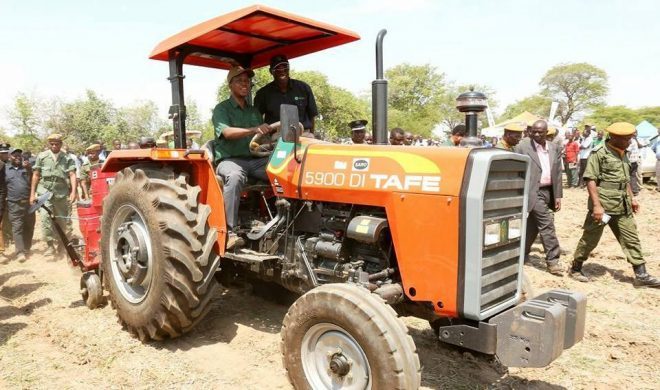Humanitarian organisation People In Need (PIN) says most smallholder farmers in the Western Province of Zambia lack access to agricultural inputs, farm assets, agricultural extension services and sales opportunities for their products, a recent study has revealed.
The results are presented in a report entitled, “Agricultural Assessment, Western Province, Zambia”, which contains the results of an agricultural needs assessment survey done by the Czech Republic-based organisation in Zambia in August 2017.
“The needs gaps can be observed mostly in the lack of the know-how, finances and also willingness of the respondents to organise themselves in order to mitigate (farm) investment risks. Seed systems are still based on the locally reproduced open pollinated (OP) varieties of maize, millet, rice and locally preferred tubers such as cassava and sweet potato.
“Improved seed varieties, which are offered by a few private seed dealers in the district markets and government programmes like the Farm Input Supply Programme (FISP) remain largely inaccessible for poor farmers,” the report observed.
Further, the vast majority of smallholder farmers were found to be reliant on the rain-fed agricultural production model, which is highly vulnerable to erratic rains and weather hazards and shocks associated with climate change.
“The overall faming system remains largely extensive and infact, not sustainable nor resilient to the potential effects of climate change. Low investments are made by farmers, mainly in terms of managing the field soil nutrients, landscape, organic matter or natural resources in general.
“Any agricultural intervention should be aimed not only at food security and nutrition, but also natural resources conservation (through conservation agriculture), the integration of animal and crop production systems, the integration of agriculture and agroforestry practices and fusion of afforestation with the farming of orchards and fodder plants. Both approaches are a crucial pre-condition to intensified agricultural risk management and production,” the report said.
Among other interventions, People In Need said more emphasis should be placed on improved seed reproduction and storage systems.
It also called for awareness programmes to improve commodity and price awareness among farmers, the provision of support to local certification and quality control systems for seeds and inputs, the enhancement of selected commodity value-chains and advocacy efforts to promote more inclusive, pro-poor government input support programmes.








